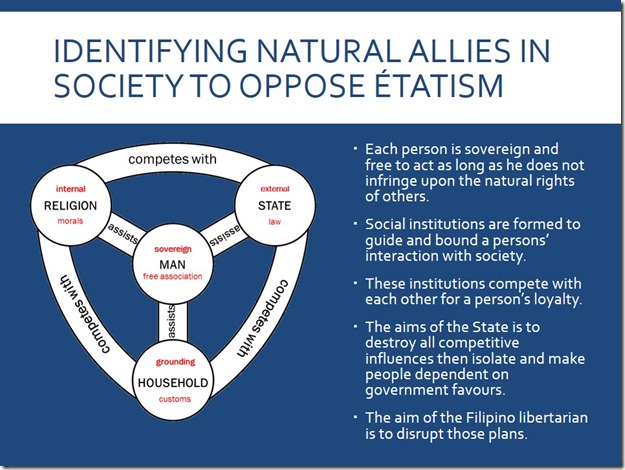Skinia wrote:Syndicapolis wrote:Commodity production and exchange will not exist in communism because capital will not exist in communism because exploitation, by definition, cannot exist in communism. The postulation that goods and services will still be bought and sold in communism is Proudhonite nonsense. I see your problem with the notion of the banning of buying and selling, since communism will abolish all the processes and institutions it aims to abolish by rendering them obsolete, not decreeing that anyone who attempts to make a transaction is an "enemy of the state," but that's really just semantics.
I agree that "anarchy leads to communism, and communism to anarchy," but not that communism is inherently anarchist. Marxists want the proletariat to utilise state power and form a transient state that will wither away, rather than being abolished. Some Marxists want a minority party to run this state in a centralised manner. I wouldn't call that anarchist, but it is communist.
Commodity production and exchange exists in communism through non-exploitative or non-capitalist forms of production (social ownership and workplace democracy) and voluntary transactions through barter and gift economies. Barter is a thing in communism. Whatever marxist dogma you've assumed doesn't really make sense.
Commodity production is production for a market, and barter is not a market. You don't think markets will exist in socialism, do you?
Skinia wrote:Communism is anarchist by definition. A classless, stateless (which already make anarchism) and moneyless society based on the principle "from each depending on their ability, to each depending on their need".
The end result of a communist revolution is stateless and classless, but what separates anarcho-communism and anarcho-collectivism from tendencies of communism that are not anarchist is the fact that the former are state-abolitionist and the latter want the state to wither away after the material conditions that gave rise to it are abolished and the need for a source of coercion to suppress counterrevolution no longer exists. Communism isn't necessarily state-abolitionist.
Sorry, that was badly phrased - I meant "the period of the DOTP." That is, the economic period corresponding to the phase of proletarian class rule. What I was getting at was that the state has already withered away by the time socialism/communism has been achieved.
I agree with Marx on the Paris Commune, by the way. I'm not an anarchist.
